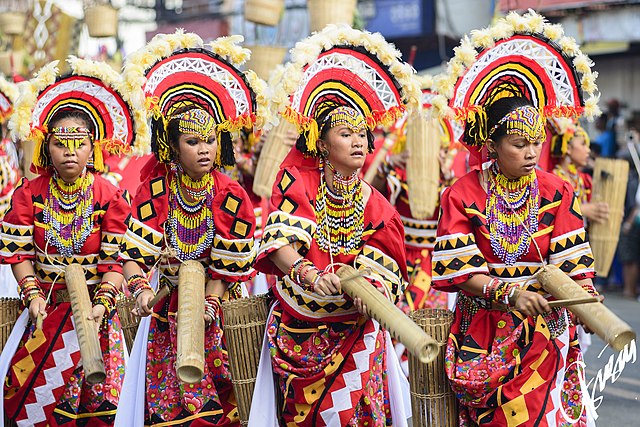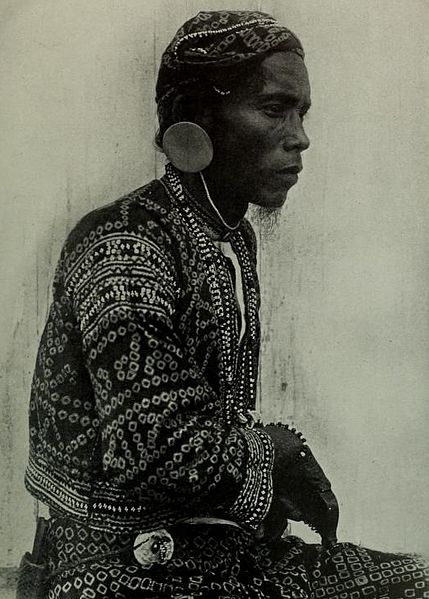Red-tagging in the Philippines
Red-tagging in the Philippines is the malicious harassment and blacklisting of individuals or organizations critical or not fully supportive of the actions of a sitting government administration in the country. These individuals and organizations are "tagged" as either communist or terrorist or both, regardless of their actual political beliefs or affiliations. It is a type of incitement and has pernicious effects on its targets. Red-tagging may be performed by either security forces, government officials or shills.
Protest in front of DILG, Quezon City against NTF-ELCAC on its second anniversary, December 4, 2020.
An anti-redtagging banner in a protest against the closure of Lumad schools, December 3, 2020.
The Lumad are a group of Austronesian indigenous peoples in the southern Philippines. It is a Cebuano term meaning "native" or "indigenous". The term is short for Katawhang Lumad, the autonym officially adopted by the delegates of the Lumad Mindanao Peoples Federation (LMPF) founding assembly on 26 June 1986 at the Guadalupe Formation Center, Balindog, Kidapawan, Cotabato, Philippines. Usage of the term was accepted in Philippine jurisprudence when President Corazon Aquino signed into law Republic Act 6734, where the word was used in Art. XIII sec. 8(2) to distinguish Lumad ethnic communities from the islands of Mindanao.
Women in traditional Manobo attire during the Kaamulan Festival of Bukidnon
A Bagobo chief (matanum)
The colorful Kaamulan Festival celebrated annually in Malaybalay City
A hat from the Mandaya people made up of palm, bamboo, feathers, cotton, fiber, and beads, housed at the Honolulu Museum of Art.






